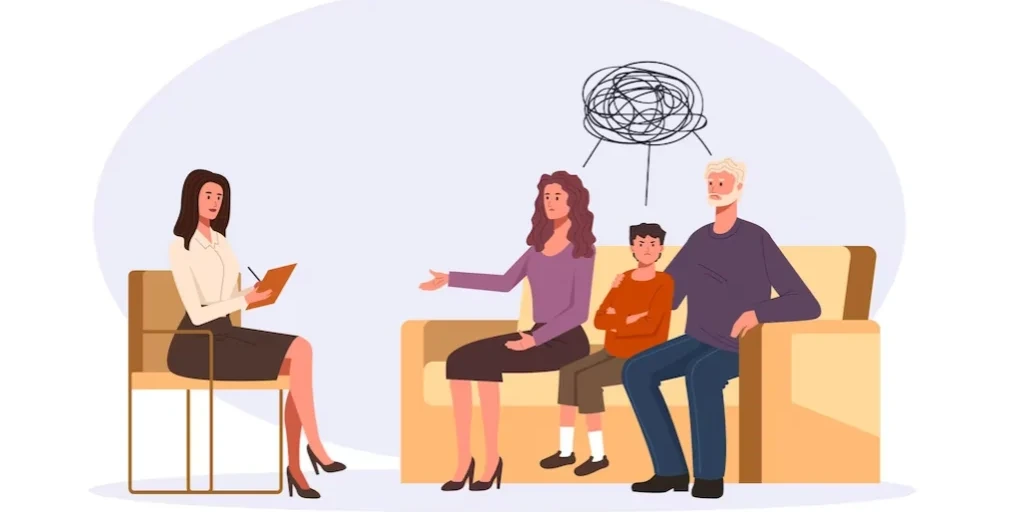24/7 Helpline:
(866) 899-221924/7 Helpline:
(866) 899-2219
Learn more about Ecstasy Rehab centers in Redondo Beach
Ecstasy Rehab in Other Cities

Other Insurance Options

Absolute Total Care

Amerigroup

Premera

Access to Recovery (ATR) Voucher

BlueShield

Magellan Health

CareFirst

Regence

Private insurance

United Health Care
Beacon

Kaiser Permanente

Sutter

Magellan

Ambetter

ComPsych

WellPoint

American Behavioral

BHS | Behavioral Health Systems

Horizon Healthcare Service

Clear Recovery Center – Redondo Beach Outpatient
Clear Recovery Center offers outpatient services for individuals with alcohol and/or substance addic...

Clear Recovery Center – Redondo Beach Residential
Clear Recovery Center – Redondo Beach Residential is a private rehab located in Redondo Beach, Calif...















